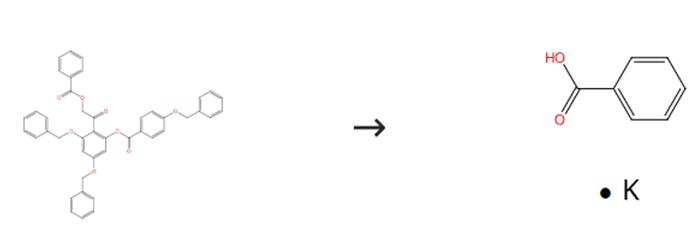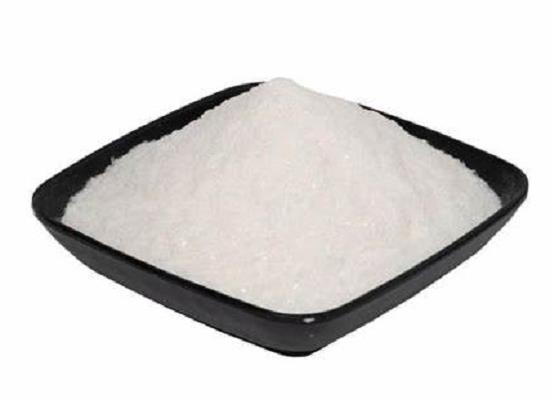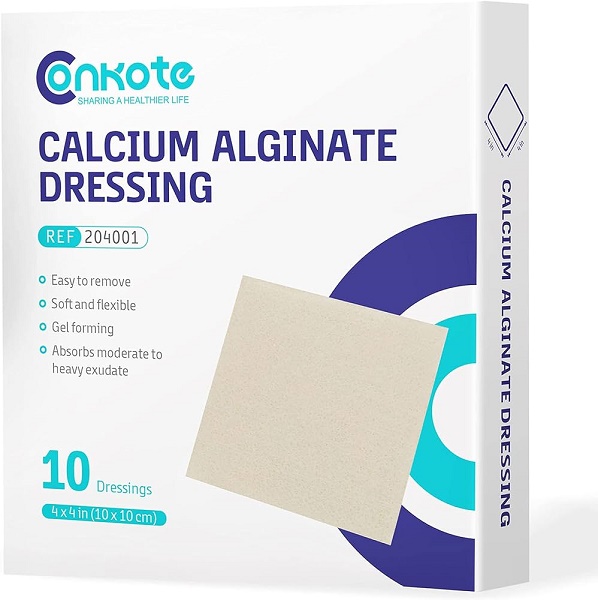A commonly used food additive: Potassium benzoate
Description
With the rapid development of the food industry, more and more food additives have been developed. Additives are widely used for various purposes, including preservation, coloring, and sweetening. The preservatives are added to stop or delay nutritional losses due to microbiological, enzymatic, or chemical changes in foods and to prolong the shelf life and quality of foods. Potassium benzoate (PB), also known as salts of benzoic acid, is a food preservative that inhibit the growth of mold, yeast, and some bacteria. The Joint FAO/WHO Committee on Food Additives (JECFA) has allocated an acceptable daily intake (ADI) of potassium benzoate at 0–5 mg/kg body weight[1].
Uses
Potassium benzoate is used as a preservative, as it prevents the growth of bacteria, yeast, and particularly mold. As a result, it is widely added to foods, and its levels vary depending on the type and brand of food. It is often added to foods such as milk and products (such as cheese), berries and berry products (such as juices and spreads, sodas), canned or bottled lemonades and iced teas, prepared salads, emulsified sauces, dressings, orange juice, mayonnaise, some baked goods (such as bread), and tomato paste. Sodium benzoate is used as a preservative in some over-the-counter and prescription medications, particularly in liquid medicines like cough syrup. It also acts as a lubricant in the pill manufacturing process, making the pills transparent and smooth, helping them break down quickly after swallowing.
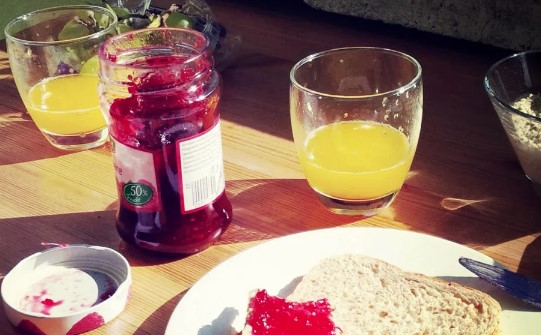
Safety
Does this compound, which is present in many of the substances we use, have any adverse effects on our bodies? The answer is yes. Older 2012 research Source suggests that compounds like potassium benzoate in artificial food colorings can significantly contribute to the development of attention deficit hyperactivity disorder in children. Earlier researchTrusted Source had also found that benzoate preservatives had a negative effect on behavior in 3-year-olds. A large concern over the use of sodium benzoate is its ability to convert to benzene, a known carcinogen. Benzene can form in soda and other drinks that contain both sodium benzoate and vitamin C (ascorbic acid) (8Trusted Source). Notably, diet beverages are more prone to benzene formation, as the sugar in regular sodas and fruit drinks may reduce its formation. At the cellular level, Zengin et al research the evaluation of the genotoxicity of potassium benzoate. They incubated lymphocytes with different concentrations of PB (62.5, 125, 250, 500, and 1000 μg/ml) and found that a significant increase was observed in chromosomal aberrations, sister chromatid exchange, and micronuclei, in almost all treatments compared to negative controls[2]. PB is clastogenic, mutagenic, and cytotoxic to human lymphocytes in vitro.
References
[1] Scientific Opinion on the re‐evaluation of benzoic acid (E 210), sodium benzoate (E 211), potassium benzoate (E 212) and calcium benzoate (E 213) as food additives. EFSA Journal, 2016; 14: 4433.
[2] Zengin N, et al. The evaluation of the genotoxicity of two food preservatives: Sodium benzoate and potassium benzoate. Food and Chemical Toxicology, 2010; 49: 763-769.
You may like
Related articles And Qustion
See also
Lastest Price from Potassium benzoate manufacturers

US $1.00/KG2025-04-21
- CAS:
- 582-25-2
- Min. Order:
- 1KG
- Purity:
- 99%
- Supply Ability:
- 10 mt
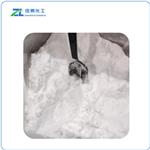
US $99.00-35.00/kg2025-04-15
- CAS:
- 582-25-2
- Min. Order:
- 1kg
- Purity:
- 99%
- Supply Ability:
- 5000 ton

